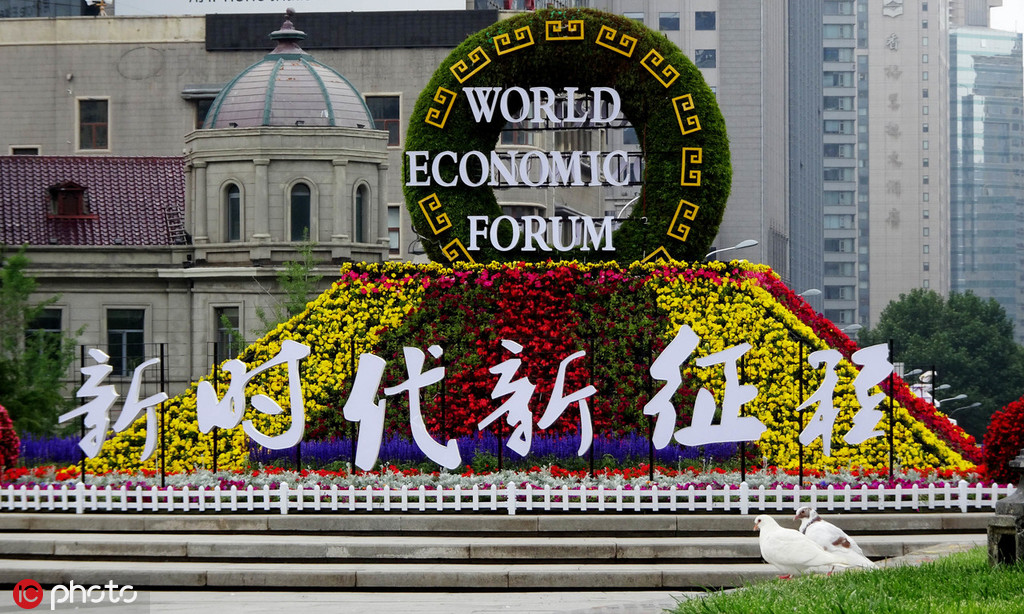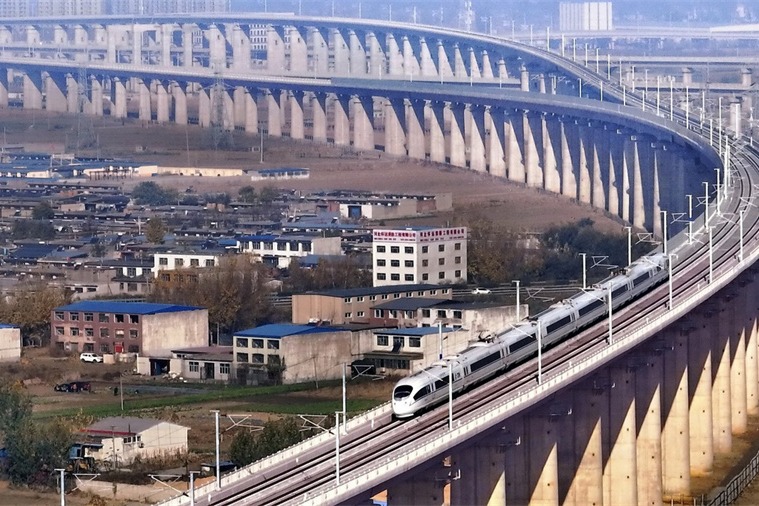Global economy to benefit from further integration with China: report


The global economy will benefit from further integration between China and the world, with $22-37 trillion in economic value potentially set to be influenced by the relationship, according to a report from a leading international consulting company.
The report was released by the McKinsey Global Institute at the World Economic Forum Annual Meeting of New Champions on Wednesday in Dalian. The business and economics research arm of McKinsey & Company forecasted that the impacted economic value may amount to 26 percent of global GDP by the year 2040, depending on whether China and the world can deeply engage.
It also indicated that the world's relative exposure to China has risen, which is changing the relationship between the world's second-largest economy and the other countries. That trend has been driven particularly by technology and consumption goods.
China's technology value chains are highly integrated globally, with more than 90 percent of technologies used in China following global standards. The country has become a global force in the world's digital economy and in artificial intelligence, according to the report.
"The penetration of multinational corporations in Chinese consumer markets is much higher than the penetration in US markets, but they are now facing competition from domestic players," it said.
Economic reform and opening-up over the past three decades have brought enormous benefits to China and on balance for the rest of the world.
"If China were to launch a 2.0 version of this effort, and the world takes action to encourage stronger economic collaboration, significant value could be created," said Jonathan Woetzel, a McKinsey & Company senior partner and director of the McKinsey Global Institute.
"The increasing exposure of the rest of the world to China reflects China's increasing importance as a market, supplier and provider of capital," said Nick Leung, chairman of McKinsey & Company, Greater China.
"China's economic miracle was fueled by industrialization, investment and trade, but today domestic consumption is the main driving force of growth."
The McKinsey research suggested five ways to further integrate China into the world economy.
The report said that China should develop as a major destination for imports from emerging and advanced economies, continually liberalize its service sector, further globalize and modernize domestic financial system, increase global flows of technology between China and the rest of the world, and increase efforts solving global challenges such as climate change and infrastructure investment.
"International relationships may be shifting and tensions may linger, bringing more uncertainty than usual to businesses with exposure to the changing relationship between China and the world," said Jeongmin Seong, a senior fellow at the McKinsey Global Institute.
"Business executives will need to be proactive in adjusting their strategies for uncertain times and potentially higher risk conditions in order to thrive," Seong said.



































